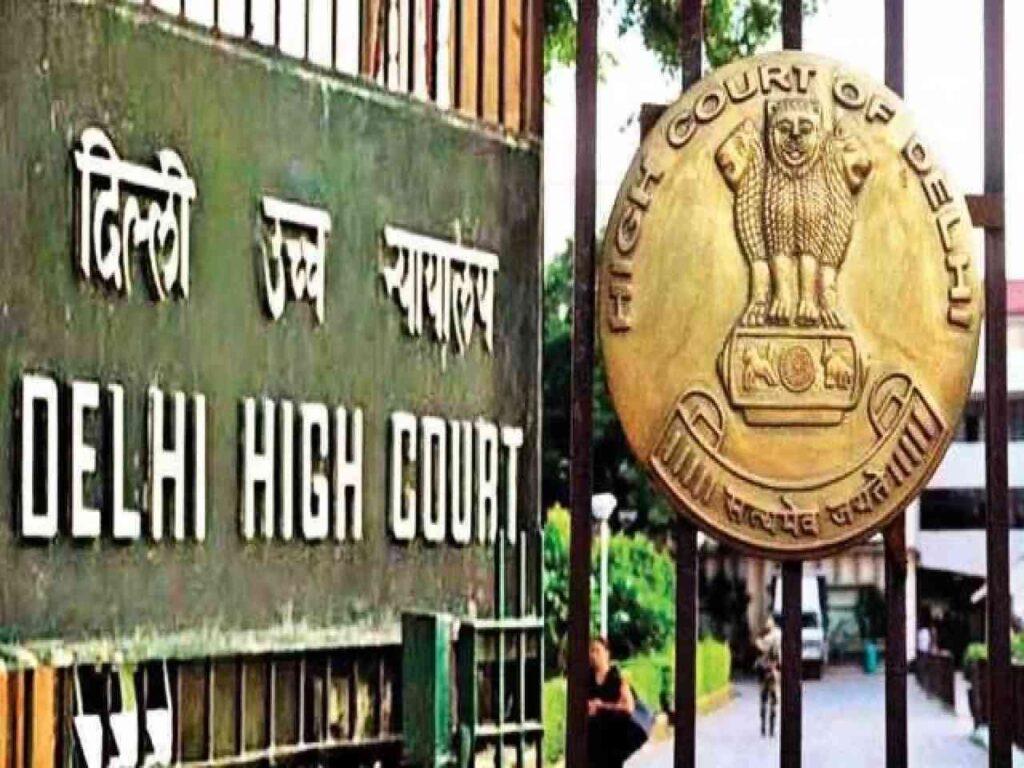New Delhi: The Delhi High Court, while granting bail to a person accused of having defrauded and cheated US citizens to the tune of about 20 million USD by making scam phone calls to the USA from fraud call centres located in India, said that an accused cannot be coerced to reveal or disclose the passwords or any other like details of his gadgets or digital devices by an investigating agency. Investigating agency cannot expect the accused to sing in a tune which is music to their ears: HC Justice Saurabh Banerjee, while granting bail to the accused with various conditions imposed on him, said that any accused is always very much expected to not only join the investigation but also to participate therein, so as not to cause any hindrance to the ongoing investigation and is expected to show high sensitivity, diligence and understanding during such an investigation, however, the investigating agency cannot expect the accused to sing in a tune which is music to their ears in view of protection under Article 20(3) of the Constitution. As per Article 20(3) of the Constitution, no person who is accused of any offence shall be compelled to be a witness against himself.
Also read: Come up with guidelines on search, seizure of digital devices by probe agencies within 4 weeks: Supreme Court directs Centre “The concerned investigating agency cannot expect anyone who is an accused, like the applicant herein, to sing in a tune which is music to their ears, more so, whence such an accused, like the applicant herein is well and truly protected under Article 20(3) of The Constitution of India. Also, in the present case, as the trial is ongoing, the applicant cannot be coerced to reveal/disclose the password(s) or any other like details in view of the aforesaid protection guaranteed to him under The Constitution of India,” Justice Banerjee said. What did the CBI argue? The Central Bureau of Investigation (CBI) argued before the court that applicant is the real kingpin behind the entire racquet since he is the Director of the company alleged to be involved in the present FIR and that the act of the present accused and the other co-accused persons in defrauding and cheating foreign nationals has affected the international image of India and as such, he ought to be dealt with stringent measures as per law.
It further said in the course of its arguments that the CBI is awaiting for the applicant to share the password(s) to unlock the gadgets/digital devices during investigation and the applicant is not co-operating qua that at his end. What did the accused argue? The accused-applicant submitted that his the father and the brother, who are co-accused in the case, already stand chargesheeted without arrest and he was under protection with regards to arrest for about 203 days and he had never misused the said liberty granted to him and has always joined and participated in the investigation and he satisfies the triple test for grant of bail. He further submitted that the CBI in its reply has averred that he is not providing them with password(s)/ details with regards to his email/crypto wallet accounts etc,.
however, it is no longer res integra that bail cannot be denied simply because of non-cooperation, since an accused cannot be forced to incriminate himself by cooperating with the investigating agency. What did the High Court order? “This court cannot forget that though the applicant has been named in the FIR as an accused, however, till the final outcome of the proceedings emanating therefrom, the status of the applicant is merely that of a suspect. The applicant is innocent till proven guilty.
In view thereof, keeping the applicant behind bars will lead to violation of Article 21 of The Constitution of India,” the High Court said while granting the accused-applicant bail. .
From: news9live
URL: https://www.news9live.com/india/accused-cannot-be-coerced-to-reveal-passwords-of-gadgets-accounts-by-investigating-agency-delhi-high-court-2395132
